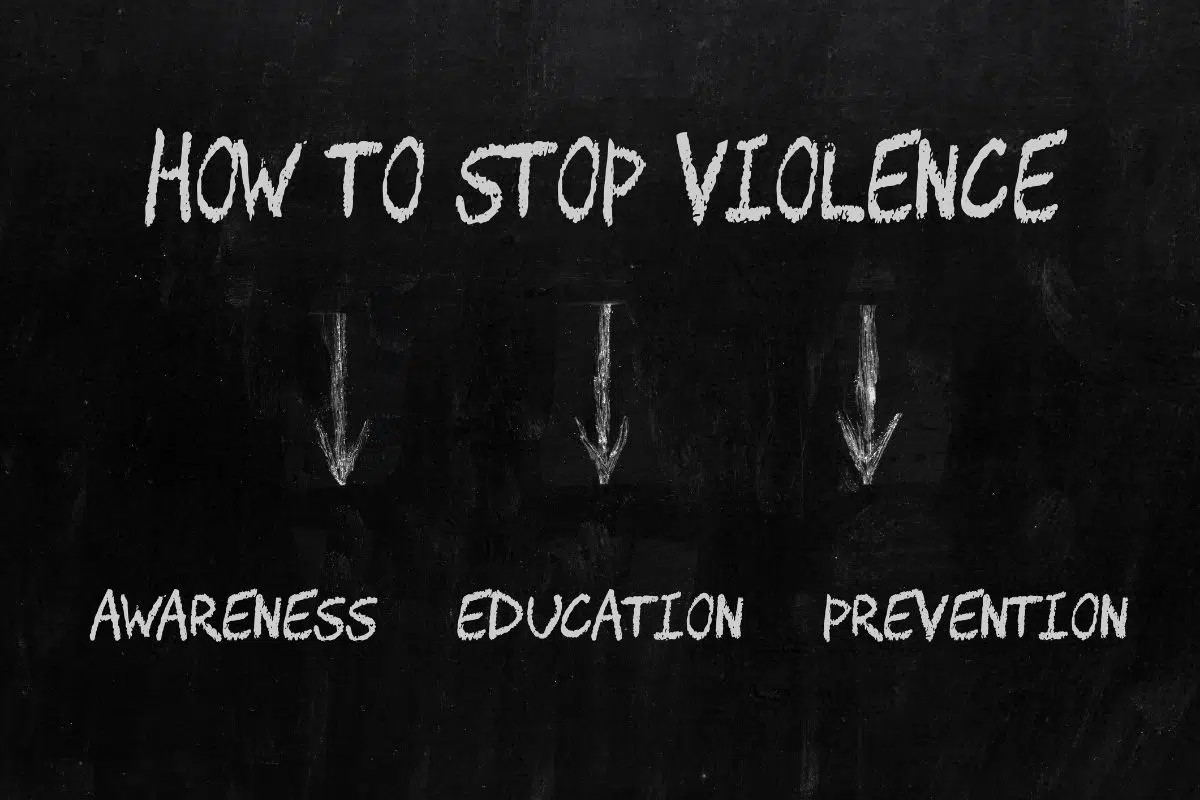Like any organization, churches need policies and procedures for handling misconduct by their leaders, employees, and volunteers. Failing to do so can leave a church unaware of serious problems, or forced into making decisions without adequate forethought into how problems should be addressed.
Even if a prosecutor doesn’t pursue criminal charges in connection with an abuse claim, the victim may pursue civil litigation to recover compensation for the suffering he or she has suffered. The church itself is likely to be sued if the abuser was a member of its staff or one of its volunteers, or if the abuse occurred on church grounds or at a church-sponsored event.
Abuse Prevention And Protection Policy Framework
An abuse prevention and protection policy should contain the following key elements:
- Purpose. The policy should articulate the organization’s concern and proper care for the children and other vulnerable persons served.
- Scope. The policy should cover minor children as well as other vulnerable populations, including the elderly or those who lack the physical or mental capacity to protect themselves.
- Goals. The policy should set clear goals, chief among them a zero-tolerance policy for abuse. It should also include guidelines for staff and volunteers on how to protect themselves and others from harm.
- Context. The policy should closely align with the church’s mission and culture of good stewardship, care, and compassion.
Employee Screening and Oversight
Church employees are entrusted with the safety and wellbeing of the congregation. It is essential that the church take formal steps to ensure that its staff is appropriately qualified for the job.
Conducting a background check on prospective employees and volunteers can be an important part of protecting the organization from significant risk. A “background check” can include a range of different searches of public records, some of which can be conducted for free, and many of which require a volunteer’s consent. Checks can include:
- Criminal background checks. In Arizona, a criminal background check will reveal convictions for felonies and most misdemeanors that have not been expunged through a pardon, or kept secret by court order. A check can be conducted at the state and federal levels and may need to be conducted in other states if the person has moved around. Note that the results of a person’s criminal background check must be kept confidential.
- Credit checks. A credit check will reveal if someone has declared bankruptcy or had other significant financial problems in the past. A volunteer’s financial history may be relevant if he or she will handle significant sums of money for the organization.
- Sex offender list. Arizona provides an online tool for screening individuals against the state’s registered sex-offender list.
In addition, all workers should receive training on abuse prevention and protection protocols as well as their responsibilities under the law to report incidences of child abuse.
Under Arizona law, clergy members — defined as “any member of the clergy, priest, or Christian Science practitioner” — have a duty to report incidents of child abuse. Failure to report is a misdemeanor punishable by up to six months in jail, a $2,500 fine, or both. If the failure to report is willful, the jail sentence can go up to one year. Be careful in this area and seek legal help because there are times when child abuse reporting intersects with the clergy-penitent privilege.
There are also good organizations that provide training, resources, and support in these areas such as the following:
- The Evangelical Council for Abuse Prevention (ECAP)
- The Caring Well Initiative of the Southern Baptist Convention
- Godly Response to Abuse in the Christian Environment (GRACE)
Provident’s nonprofit attorneys can help churches and religious organizations with risk management. We stand ready to counsel and serve churches, charities, and foundations, as well as private schools, colleges, universities, and other types of nonprofit organizations—providing broad transactional and general counsel services in Arizona and surrounding areas. Contact us to learn more.


